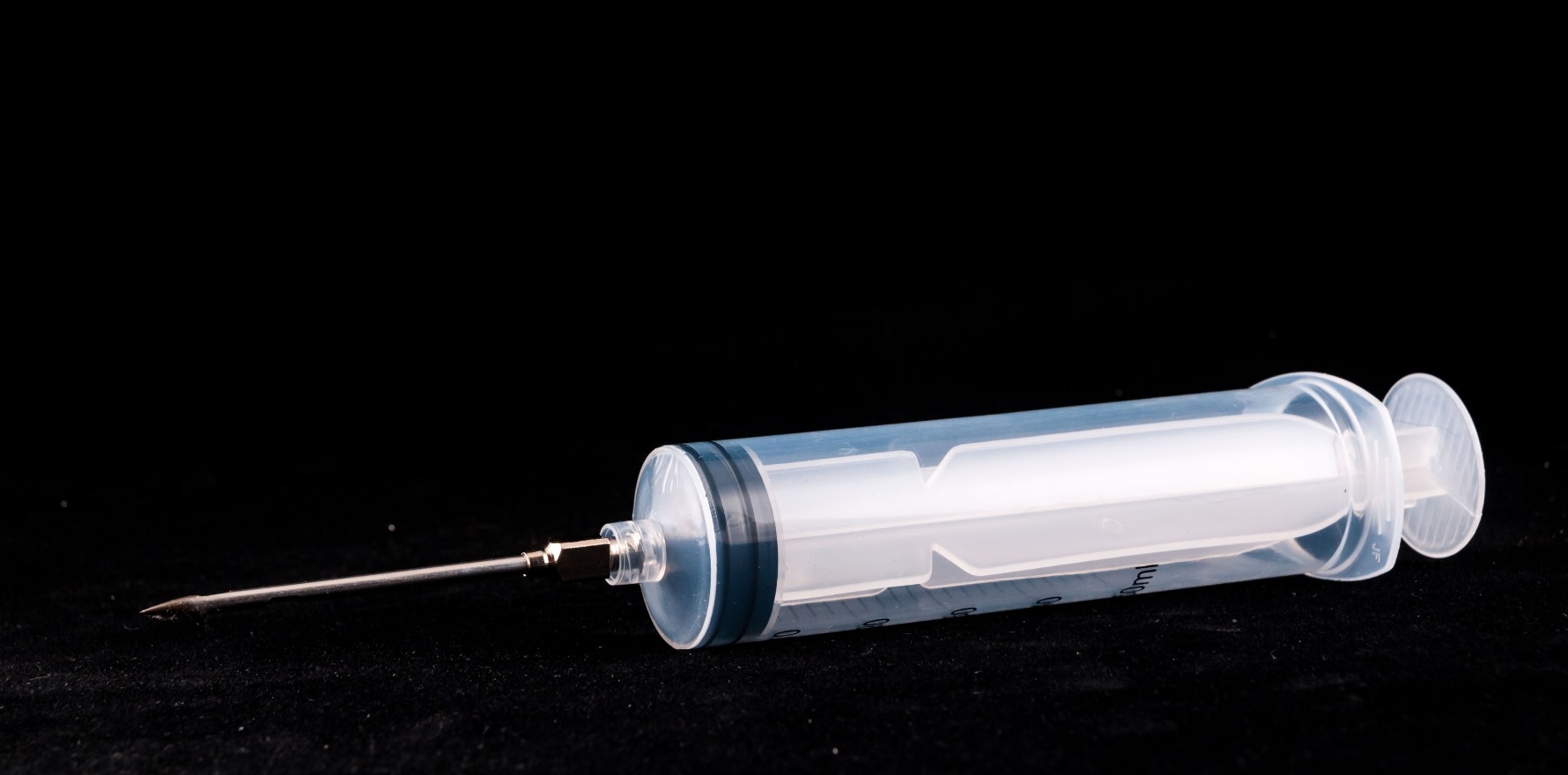So far, both appear to be well tolerated and produce robust immune responses.
The federal government’s announcement of agreements to supply vaccines from Novavax and Pfizer/BioNTech potentially increases the pool of COVID-19 vaccines Australians will be able to access.
My interview with Sunrise this morning, where I discussed the latest development in our COVID-19 Vaccine and Treatment Strategy.
New agreements with Novarax & Pfizer/BioNTech mean we have now secured access to four COVID-19 vaccines and over 134 million doses. pic.twitter.com/07FHGHRnPO
— Greg Hunt (@GregHuntMP) November 4, 2020
These two vaccines are in addition to supply arrangements for vaccines from Oxford University/AstraZeneca and the University of Queensland/CSL, announced in September. Australia will also have access to vaccines via the World Health Organisation-backed COVAX initiative.
However, these arrangements depend on whether the vaccines are shown to be safe and effective in clinical trials, which are still ongoing. So what do we know about the two vaccines in this latest deal?
Read more: Scott Morrison to announce two new COVID vaccine deals
What do we know about the Novavax vaccine?
The Novavax vaccine, NVX-CoV2373, contains purified pieces of the spike protein of SARS-CoV-2, the virus that causes COVID-19.
These proteins are administered with an adjuvant, a molecule that enhances the immune response. The idea is that when this vaccine is administered, the body recognises its contents as “foreign” and mounts a protective immune response.
Early clinical trials were performed in Australia. In the phase 1 clinical trials, the vaccine was generally well-tolerated and produced strong antibody responses, stronger than what we see in patients recovering from COVID-19.
Read more: From adenoviruses to RNA: the pros and cons of different COVID vaccine technologies
In September, Novavax launched a phase 3 clinical trial in the United Kingdom. Further large-scale clinical trials are planned for other countries in late 2020 and early 2021.
If the Novavax vaccine is successful 40 million doses are expected to be available in Australia during 2021, with the option to buy a further 10 million.
What do we know about the Pfizer vaccine?
The vaccine developed by Pfizer, BNT162b2, is based on the genetic material mRNA (or messenger ribonucleic acid). Such mRNA vaccines carry a piece of genetic material that codes for viral proteins, or parts of them. Once inside your cells, the mRNA instructs your cells’ protein factories to make copies of these viral proteins. These then stimulate your immune system to mount a protective immune response.
Pfizer’s BNT162b2 vaccine codes for the virus’ full-length spike protein.
In early clinical trials, the vaccine was generally safe with no serious side-effects. The vaccine also produced a robust immune response after two doses.
When older adults (65-85 years of age) were vaccinated, they produced a greater neutralising antibody response than seen in patients who contracted SARS-CoV-2 naturally.
Interestingly, BNT162b2 is one of the first COVID-19 vaccines to be tested in adolescents (12-18 years of age).
In July, Pfizer announced the launch of large-scale phase 2/3 trials. Trials are under way in several countries, including the United States, Germany, Argentina, Brazil and South Africa, involving 44,000 participants.
One of the challenges facing this vaccine is distribution, as it needs to be stored below -70?. This is costly and makes transportation difficult, particularly in developing regions.
If BNT162b2 is successful, 10 million doses will be available in Australia from early 2021.
Read more: Australia’s just signed up for a shot at 9 COVID-19 vaccines. Here’s what to expect
What happens next?
Both vaccines, if successful in clinical trials, will be manufactured outside Australia.
This will allay fears Australia might miss out on mRNA vaccines as the country does not have the technology and capacity to make these vaccines itself.
A successful COVID-19 vaccine will also need to navigate the rigorous assessment and approval processes of the Therapeutic Goods Administration for use in Australia.
Read more: Australia may miss out on several COVID vaccines if it can’t make mRNA ones locally
Hedging our bets
It is unlikely all COVID-19 vaccines currently in development will be successful. We have already seen COVID-19 vaccine trials temporarily halted due to safety issues. And not all vaccines will provide a consistent level of immunity. Some vaccines may only provide immunity for limited periods of time and require a booster shot.
By investing in numerous front-running candidates, the Australian government’s strategy of not putting all its eggs in one basket is a wise one.
Investing in a range of vaccine technologies also has benefits, should more than one vaccine become available. This is because different vaccine technologies may be more effective or safe in different populations. This increases the likelihood all sections of society — young and old, with or without existing medical complications — could be targeted.
is an Early Career Research Leader, Emerging Viruses, Inflammation and Therapeutics Group, Menzies Health Institute Queensland, Griffith University.
This piece was originally published at The Conversation.


